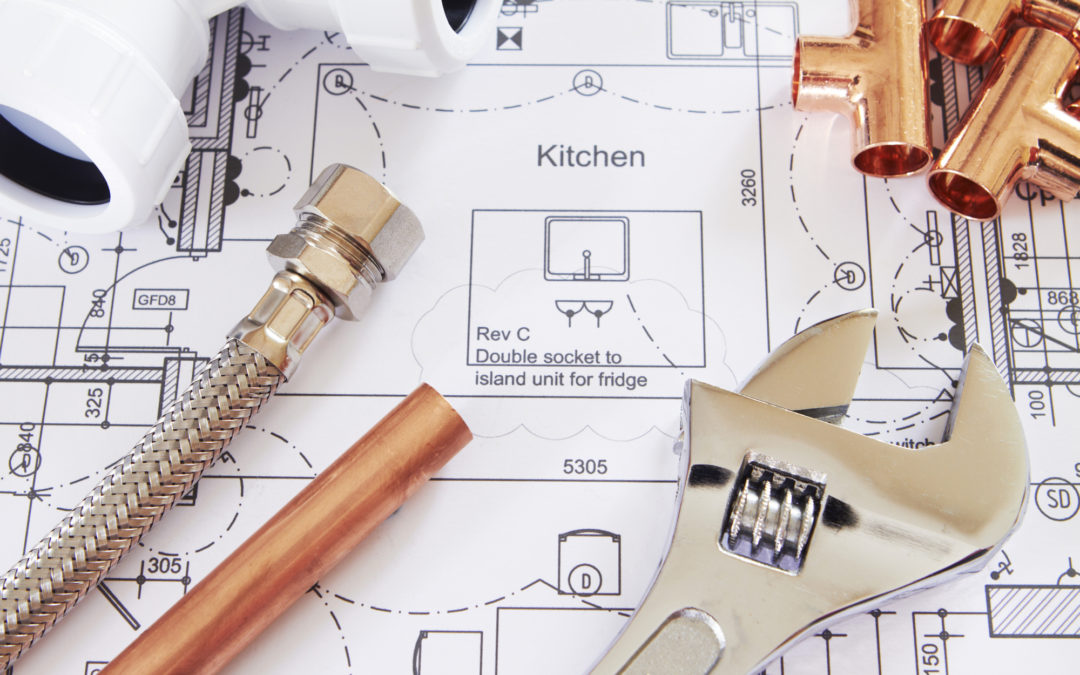
by Brandon | Jul 12, 2023 | News
Regular plumbing maintenance is essential to ensure that your plumbing system is in good working condition and to prevent costly emergency repairs. Many homeowners tend to ignore regular plumbing maintenance which can lead to small issues evolving into major water damage. In this article, we will discuss the importance of regular plumbing maintenance, the benefits of it, and how to ensure proper plumbing maintenance for your home.
What is Regular Plumbing Maintenance?
Plumbing maintenance involves the inspection, cleaning, and repair of your home’s plumbing system. It’s essential to conduct plumbing maintenance to ensure the efficiency of your plumbing system, prevent any leaks or blockages, and ensure your system is safe to use.
Benefits of Regular Plumbing Maintenance
1. Water Conservation
A leaky faucet can waste gallons of water every day and have a significant impact on your monthly water bill. Regular plumbing maintenance can help fix any leaks or drips and prevent water wastage.
2. Increased Efficiency
Regular plumbing maintenance ensures that your plumbing system continues to function efficiently. Regular servicing of appliances like water heaters and dishwashers can improve their efficiency and lifespan. Also, regular maintenance of your plumbing system can prevent any potential issues from evolving into major costly repairs.
3. Early Detection of Problems
During routine plumbing maintenance checks, a plumber can detect any potential defects or problems, even before they become major. Early detection means that a plumber can fix the issue before it becomes more serious, saving you time, money, and the inconvenience of an emergency plumbing repair.
4. Savings
Regular plumbing maintenance can help save money in the long run. They help reduce the risk of a major plumbing emergency, which can be costly for homeowners. Additionally, regular maintenance of your plumbing system and appliances can help reduce your monthly water and energy bills.
How to Ensure Proper Plumbing Maintenance?
1. Conduct Regular Inspections
It’s essential to conduct regular inspections of your plumbing system. Inspect your faucets, pipes, and appliances for any leaks, drips, or blockages. Also, inspect your water heater, dishwasher, washing machine, and garbage disposal for proper functioning.
2. Clean Drains Regularly
Regular drain cleaning can help prevent any blockages in your pipes and ensure proper drainage. Pouring boiling water down the drain can help remove any buildup of grease or debris. You can also consider using a natural cleaner like baking soda and vinegar.
3. Check Your Water Heater
It’s essential to check your water heater regularly for leaks or damage. If you notice any issues, it’s best to turn off the water heater and contact a plumber to inspect and repair it.
4. Hire a Professional Plumbing Service
Hiring a professional plumbing service for regular maintenance of your plumbing system is essential. A professional plumber will conduct a thorough inspection of your plumbing system and ensure that everything is working correctly. They have the necessary expertise and tools to fix any issues.
Conclusion
Regular plumbing maintenance is essential to ensure that your plumbing system continues to function efficiently and safely. It helps detect any potential issues early, prevents any water wastage, saves money and increases the lifespan of your plumbing appliances. Conducting regular inspections, cleaning your drains, checking your water heater and hiring a professional plumbing service are all essential steps to ensure proper plumbing maintenance. Don’t wait until an emergency plumbing situation arises, take the necessary steps to ensure your plumbing system is well-maintained and stays in good condition.
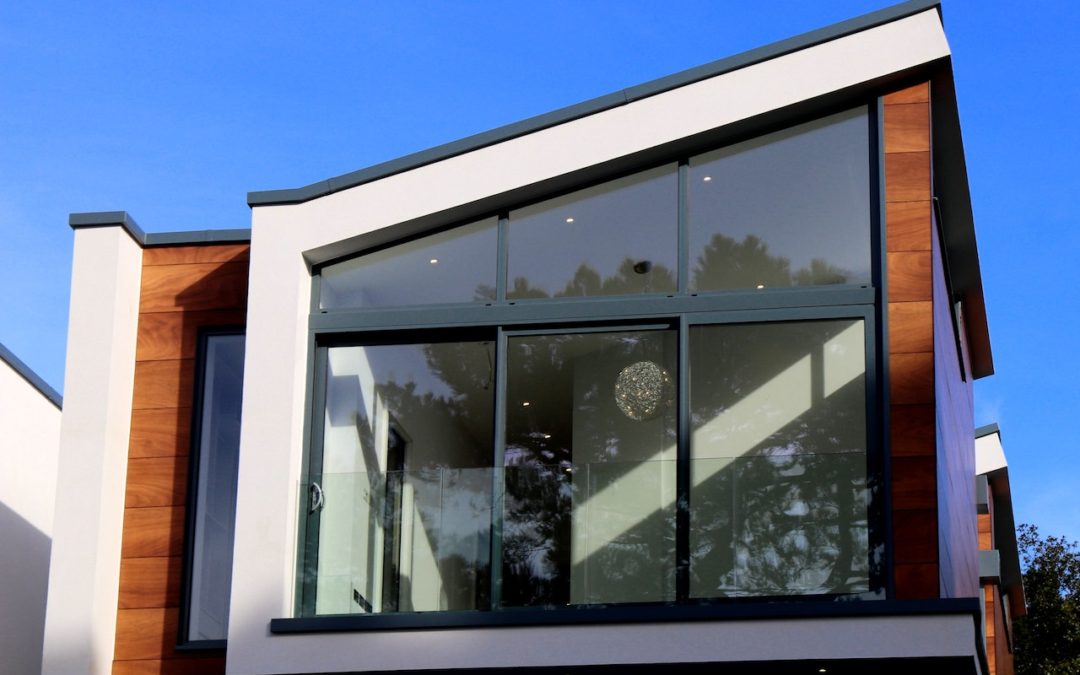
by Brandon | Jul 12, 2023 | News
A latent defect is any fault or defect that is not immediately apparent. These defects can go unnoticed for months or years at a time, leading to significant damage and repair bills for property owners. In recent years, property owners have been turning to latent defect warranties to protect their investment and avoid the high cost of repairs caused by latent defects.
In this article, we will discuss what a latent defect warranty is, how it works, and how it can save your property from significant damage.
What Is a Latent Defect Warranty?
A latent defect warranty is a type of insurance policy that covers the costs associated with latent defects discovered after a property has been purchased. This type of warranty is designed to protect the property owner from unexpected costs associated with repairs that are necessary due to latent defects.
Latent defects can be difficult to identify, and they can cover a wide range of issues, including plumbing problems, electrical faults, structural issues, and more. With a latent defect warranty in place, property owners can have peace of mind that they will not be left to shoulder the cost of repairs caused by a latent defect on their own.
How Does a Latent Defect Warranty Work?
A latent defect warranty typically covers the repair costs associated with any latent defects that are discovered after a property has been purchased. The warranty will only cover repairs that are necessary due to latent defects and will not cover any other type of damage or wear and tear.
To get covered, property owners must first contact their warranty provider and report the latent defect. The warranty provider will then send a qualified professional to assess the issue and determine if it is covered by the warranty.
Once the issue has been confirmed as a latent defect, the warranty provider will then cover the costs associated with the repair. Depending on the type of warranty and the provider, property owners may have to pay a deductible or a portion of the repair costs themselves.
How Can a Latent Defect Warranty Save Your Property?
A latent defect warranty can save your property in several ways. First, it can protect your investment by covering the costs associated with repairs caused by latent defects. This means that you will not have to pay exorbitant repair bills out of pocket, allowing you to maintain your property without breaking the bank.
Second, a latent defect warranty can give you peace of mind. You can rest assured that if a latent defect is discovered, you will not have to bear the full financial burden of repairs. This type of warranty can also increase the value of your property, making it a more attractive prospect for buyers.
Finally, a latent defect warranty can prevent small issues from becoming larger, more expensive problems. Latent defects can go unnoticed for years, leading to significant damage and costly repairs. With a warranty in place, you can catch these issues early and prevent them from becoming major problems.
Conclusion
A latent defect warranty is an essential insurance policy that can save your property from significant damage and high repair bills. By covering the costs associated with repairs caused by latent defects, property owners can protect their investment and maintain their properties without breaking the bank. If you’re considering purchasing a property, it’s worth looking into a latent defect warranty to ensure that you’re fully covered in case of unexpected repairs.
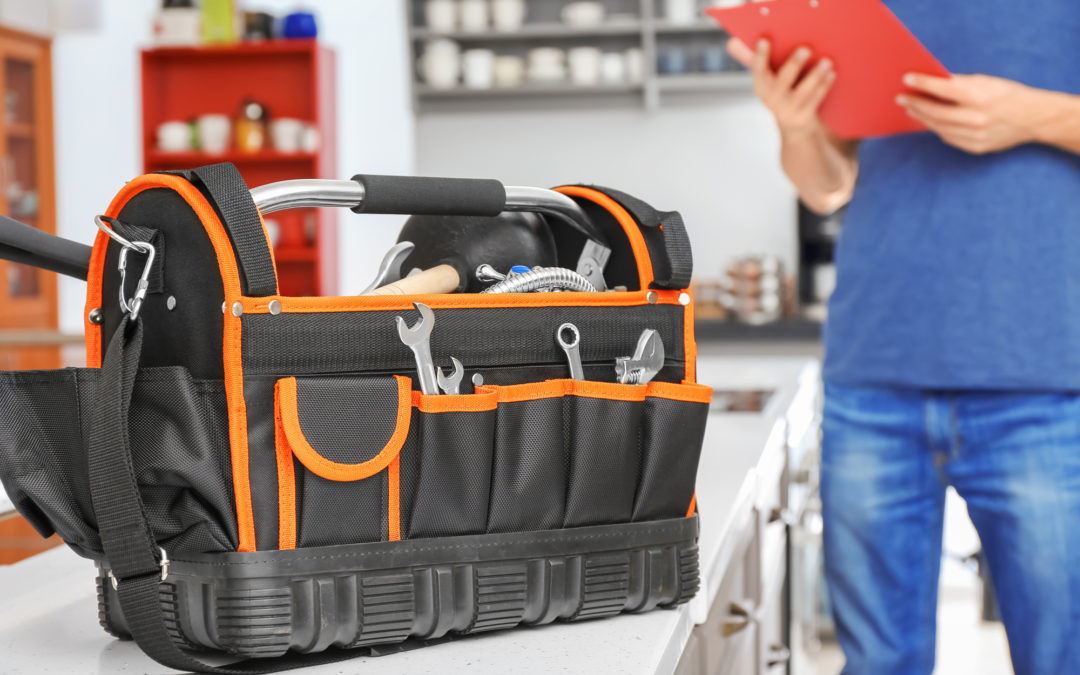
by Brandon | Jul 12, 2023 | News
Are you tired of constantly dealing with frozen pipes or bursting water lines during the colder months of the year? If so, it may be time to consider installing a heat trace system in your home’s plumbing system.
Heat trace is a system that uses electric heating cables to keep pipes and water lines from freezing, even in extreme cold temperatures. In this article, we will discuss the benefits of heat trace and how it can help you avoid costly plumbing repairs.
Preventing Frozen Pipes
One of the primary benefits of heat trace is that it can prevent frozen pipes, which can result in costly repairs. Frozen pipes can lead to burst pipes, which can cause extensive damage to your home and personal property.
Heat trace works by using electric heating cables to warm the pipes and prevent them from freezing. These heating cables are typically installed along the length of the water line and can be controlled by a thermostat or other temperature-sensing device.
By preventing frozen pipes, heat trace can save you not only money but also a lot of hassle and frustration during the winter months.
Improved Energy Efficiency
Heat trace can also improve the energy efficiency of your home’s plumbing system. When water lines freeze, it can cause blockages that reduce the flow of water through your pipes.
This can result in higher energy bills due to your water heater needing to work harder to maintain the correct temperature. Heat trace can help reduce the amount of energy needed to keep your home’s plumbing system functioning properly, which can save you money on your utility bills.
Extended Life of Your Plumbing System
Another advantage of heat trace is that it can extend the life of your home’s plumbing system. When water lines freeze and thaw, it can lead to the expansion and contraction of the pipes, which can cause them to crack or become damaged over time.
By preventing frozen pipes, heat trace can help reduce the amount of stress placed on your plumbing system. This can help your pipes last longer and avoid the need for costly repairs or replacement.
Protection of Your Home
Heat trace can also help protect your home from water damage caused by burst pipes or leaks. When pipes freeze and burst, they can cause extensive water damage to your home, which can be costly to repair.
By using heat trace, you can prevent these types of plumbing disasters from occurring. This can provide you with peace of mind and protect your home from costly damage.
Conclusion
If you live in an area where freezing temperatures are common, it may be time to consider installing a heat trace system in your home’s plumbing system. Not only can heat trace prevent frozen pipes and improve energy efficiency, but it can also extend the life of your plumbing system and protect your home from water damage.
If you’re interested in learning more about heat trace and how it can benefit your home’s plumbing system, contact Ace Plumbing Repair at (844) 711-1590 or visit our website at aceplumbingrepair.com. Our team of plumbing experts can help you determine if heat trace is right for your home and provide you with the professional installation and maintenance services you need to keep your plumbing system functioning properly.
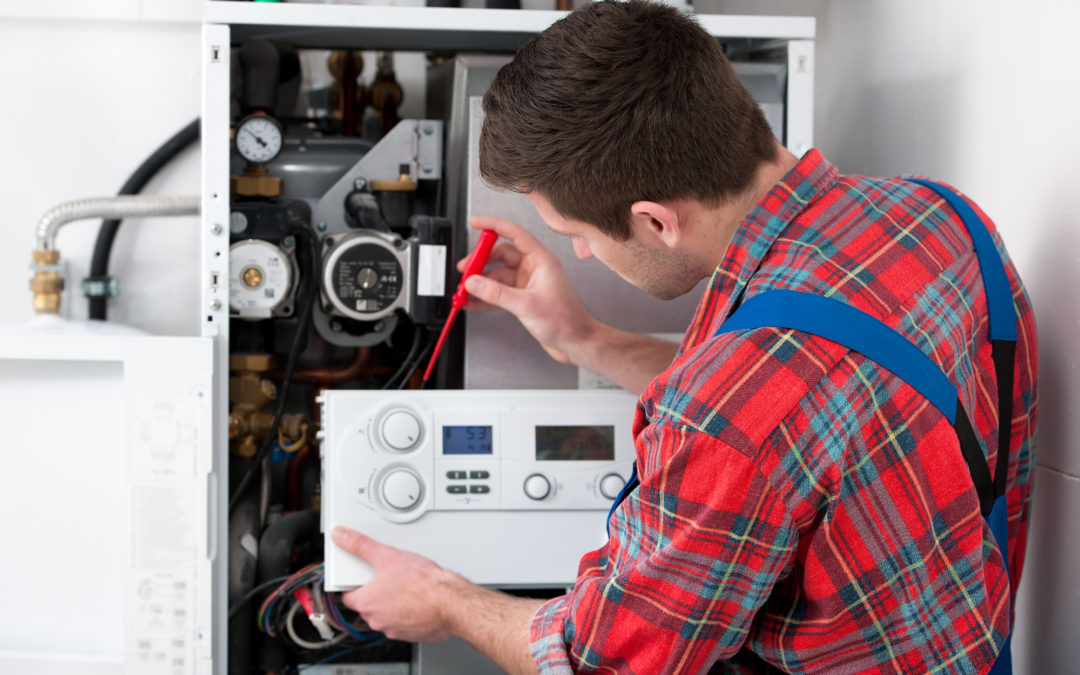
by Brandon | Jul 12, 2023 | News
If you’re interested in plumbing but don’t know where to start, you’re not alone. Plumbing is a fascinating profession that requires a unique set of skills, knowledge, and experience. It takes time and effort to become a plumber, but the rewards can be great. In this blog post, we’re going to cover some basic information that will help you get started in the world of plumbing.
Understanding Plumbing
Before we dive into how to get started in plumbing, it’s essential to understand what plumbing is. Plumbing is the system of pipes, fixtures, and fittings that carry water and waste from a building to the sewer, septic system, or other disposal method. It includes everything from the water supply to the faucets and drains. Plumbing is a crucial part of any building and requires regular maintenance and repair to keep it functioning correctly.
Why Plumbing is a Great Career
Plumbing is a great career for several reasons. First and foremost, there is a high demand for skilled plumbers. According to the Bureau of Labor Statistics, the job outlook for plumbers is expected to grow by 14 percent by 2028, which is much faster than the average for all occupations.
Additionally, plumbing is a rewarding career. You get to work with your hands, solve problems, and help people. As a plumber, you’ll know that you’re making a difference in people’s lives by ensuring they have necessary access to clean water and sanitary plumbing. Finally, as a licensed plumber, you’ll have the opportunity to earn a good living.
How to Get Started in Plumbing
Now that you understand what plumbing is and why it’s a great career, let’s talk about how to get started. Here are a few tips:
1. Get Educated – To be a plumber, you need to have a good understanding of math, science, and mechanics. You don’t need a college degree, but you do need to understand how to read blueprints and diagrams. You can start by taking courses at a vocational school, community college, or trade school.
2. Obtain a License and Certification – In most states, you’ll need a license to work as a plumber. To obtain a license, you’ll need to complete a certain number of hours of on-the-job training and pass a written exam. Some states also require you to be certified.
3. Gain Experience – To become a skilled plumber, you need to gain experience. You can start by joining an apprenticeship program or working as a helper for an experienced plumber.
4. Invest in Quality Tools – As a plumber, you need to have the right tools. Investing in quality tools will help you do your job more efficiently and effectively.
5. Keep Learning – Plumbing is a constantly evolving industry. As such, it’s essential to keep learning and staying up-to-date with the latest trends and best practices.
Conclusion
If you’re interested in plumbing, there’s no better time to start than now. It’s a rewarding career that offers a lot of opportunities for growth and success. By following these tips, you can begin your journey in plumbing and work toward becoming a skilled and successful plumber. Be sure to visit aceplumbingrepair.com or give the plumbing experts a call at (844) 711-1590 for more information and professional assistance with all your plumbing needs.
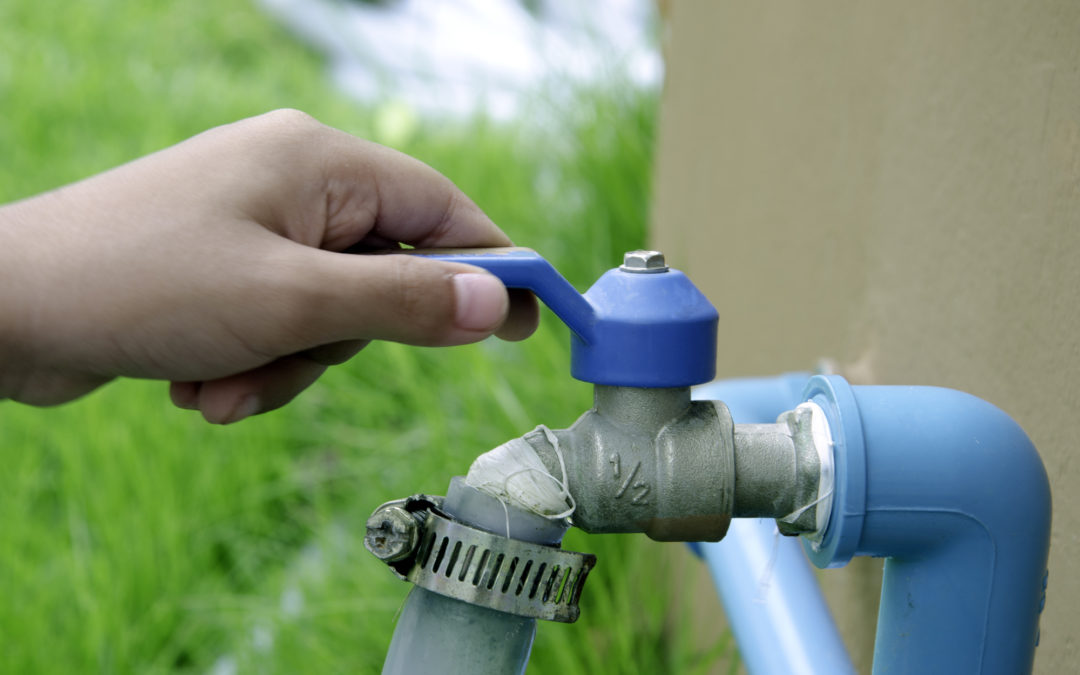
by Brandon | Jul 12, 2023 | News
As summer approaches and outdoor temperatures start soaring, plumbers are likely to spend more time working outside on various plumbing service tasks. While the warm weather is great for getting the work done, it also brings about new dangers. Today we will discuss some critical heat dangers that plumbers need to be aware of and tips to keep themselves safe while working outside.
1. Heat Exhaustion
Heat exhaustion is one of the most common health problems encountered by plumbers in the field, particularly during the hot summer months. Heat exhaustion is a condition that occurs when the body becomes unable to regulate its internal temperature as quickly as it is rising. Symptoms include confusion, dizziness, fatigue, headache, heavy sweating, and dehydration.
To prevent heat exhaustion, plumbers should follow the following tips:
– Stay hydrated: It’s crucial to drink plenty of water while working outside in the summer months. Plumbers should drink at least 8 ounces of water every 15 minutes to ensure that they don’t become dehydrated.
– Take frequent breaks: Plumbers should take frequent breaks to rest and cool off in the shade during hot summer months.
– Wear breathable clothing: Plumbers should wear light-colored and breathable clothing to help regulate body temperature and reduce sweating.
2. Heatstroke
Heatstroke is a severe heat-related illness that occurs when the body’s internal temperature reaches 104 degrees Fahrenheit or higher. The most common symptoms of heatstroke include a high body temperature, rapid heart rate, confusion, and loss of consciousness. Heatstroke can be life-threatening and requires immediate medical attention.
To prevent heatstroke, plumbers should follow the following tips:
– Wear protective clothing: Plumbers should wear protective clothing such as hats, sunglasses, and lightweight, long-sleeved shirts to protect their skin from the sun.
– Monitor weather conditions: Plumbers should monitor weather conditions and avoid working outside during times of extreme heat or humidity.
– Take frequent breaks: Plumbers should take frequent breaks in cool, shaded areas to prevent overheating and to maintain body temperature.
3. Sunburn and Skin Cancer
Sunburn and skin cancer are significant risks that plumbers face when working outside in the summer months. The sun’s harmful UV rays can cause damage to the skin, leading to sunburn, premature aging, and an increased risk of skin cancer.
To protect against sunburn and skin cancer, plumbers should follow the following tips:
– Wear sunscreen: Plumbers should apply a sunscreen with a minimum sun protection factor (SPF) of 30 thirty minutes before going outside. Reapply it every two hours or after sweating or swimming.
– Wear long-sleeved clothing: Plumbers should wear long-sleeved shirts made from lightweight, breathable fabric to protect their skin from the sun.
– Wear sunglasses: Plumbers should wear sunglasses with UV protection to reduce the risk of eye damage.
4. Dehydration
Working outside in the hot summer months can cause significant fluid loss, leading to dehydration, which can cause serious health problems if left untreated. Symptoms of dehydration include dry mouth, thirst, headache, and fatigue.
To prevent dehydration, plumbers should follow the following tips:
– Stay hydrated: Plumbers should drink plenty of fluids before and during work. Drinking enough water to maintain urine color and output. Work smarter, not harder, and try to arrange work schedules during the cooler parts of the day whenever possible.
5. Heat Syncope
Heat Syncope is a condition that occurs when a person becomes dizzy and faints due to the sudden change in body temperature that can occur when moving from a cool to a hot environment – many plumbers experience this problem on hotter days when exiting their work vehicles.
To prevent Heat Syncope, plumbers should follow the following tips:
– Take frequent breaks: Plumbers should take frequent breaks in the shade to prevent overheating.
– Gradual exposure: In hot days, try to gradually introduce your body to the heat, starting with shorter shifts and building up gradually.
– Proper diet: Eat a balanced diet high in fluids and salt to maintain the body’s electrolyte balance necessary to prevent fainting.
In conclusion, the hot summer months can be challenging for plumbers working outside; it is crucial to take precautions against the heat risks we have discussed above. By following the tips shared in this article, plumbers can better protect themselves and reduce the risk of heat-related illnesses. Remember to prioritize safety first, stay hydrated, take breaks in the shade, and work smarter, not harder. Finally, it is always wise to contact professionals like Ace Plumbing Repair for the best plumbing services around.





